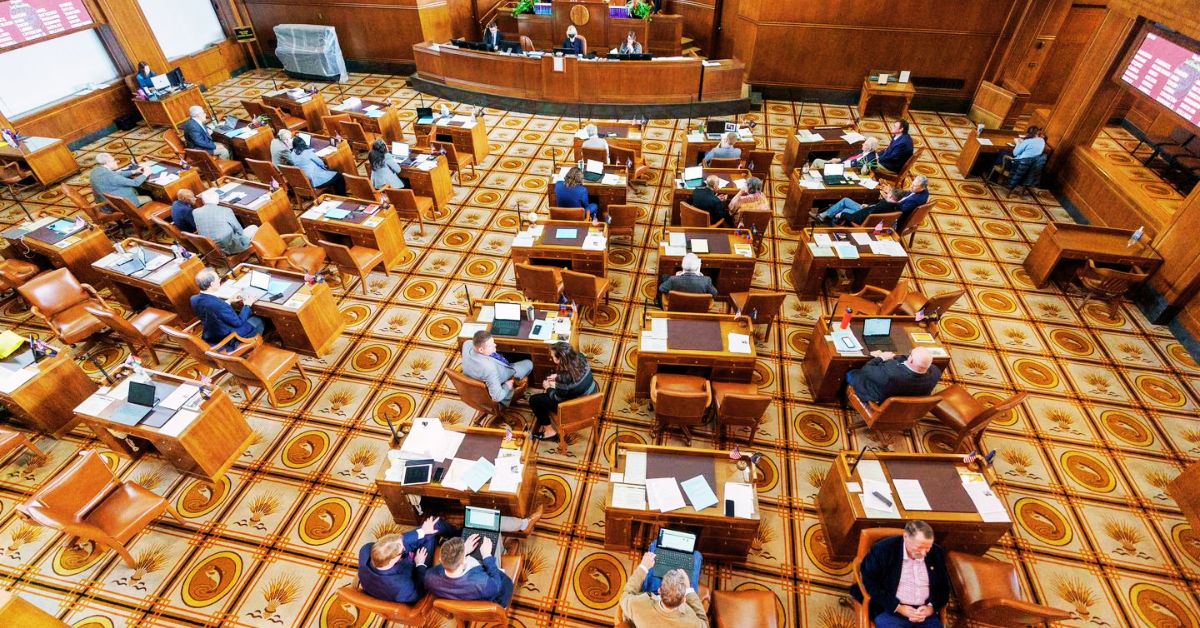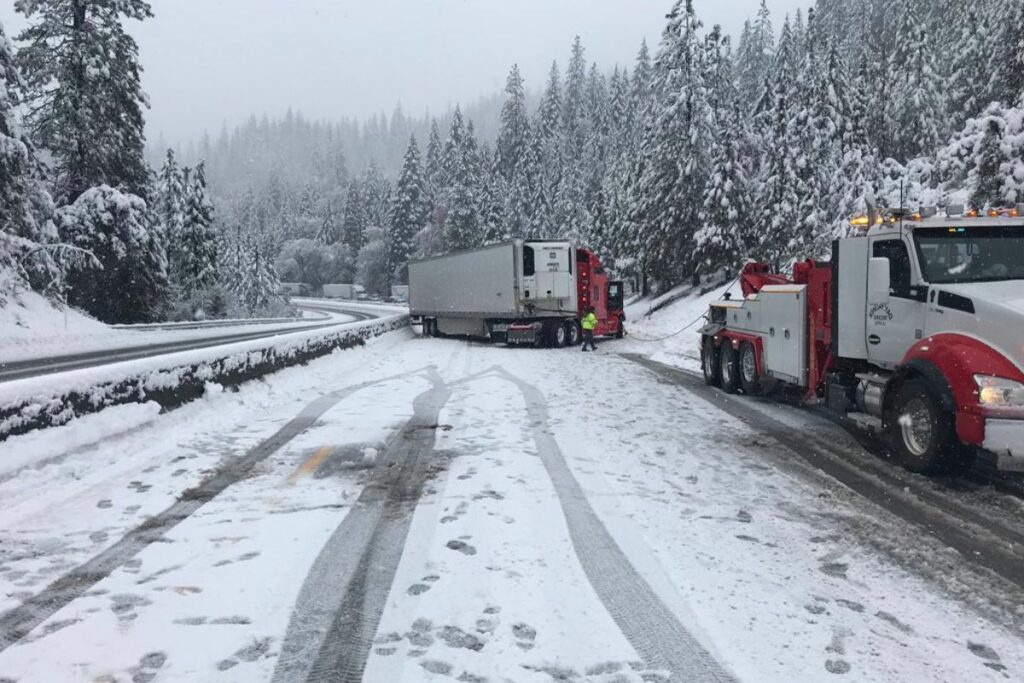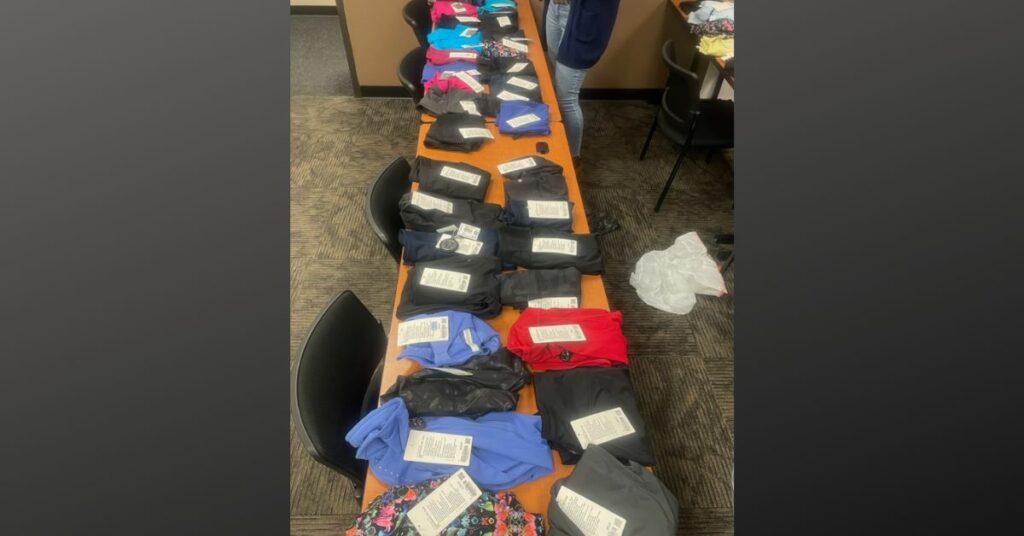There have always been proposals to charge users of the new Interstate 5 bridge. For the same amount of time, politicians and motorists have looked down on the idea of paying to travel between Washington and Oregon. There aren’t many obstacles left.
The state legislature of Washington unanimously approved tolls on the I-5 bridge on Tuesday, April 18. They streamlined the process of getting a measure to Governor Jay Inslee. With some restrictions, the standard allows for tolls, and planners estimate that motorists may begin paying them as early as 2026.
Some Washington State legislators from Southwest Washington tried, and failed, to amend the measure. Commuters entering Oregon for employment were intended to be excluded under one of the proposals. Rep. Greg Cheney (R-Battle Ground) contended that residents of Oregon who pay both tolls and income tax are being unfairly taxed.

Paul Harris, a Republican from Vancouver, put out an alternative plan in which tolls wouldn’t be implemented until the new bridge was finished. That won’t be finished until 2031, according to the program. Harris was concerned that the toll and the continuing work would disrupt commuters.
“We don’t want to have them pay tolls plus be bottlenecked,” he said. “Please be considerate of them. They’re paying taxes into that beautiful state.”
Although tolls are a likely source of revenue for a new bridge, the specific techniques for collecting them have yet to be defined. The measure authorizes tolling if “sufficient” federal funds are allocated to the project and if Oregon and Washington can agree on when to begin tolling and how much cars would be charged.
To help low-income drivers and others, planners have indicated they want to provide discounted tolls. The bridge will cost between $5 billion and $7.5 billion to build. Tolls are projected to cover between $1.1 billion and $1.6 billion.
In addition to the money collected from drivers, the governments of Oregon and Washington will each contribute $1 billion. In 2022, legislators in Washington state approved a payout. Legislators are presently developing the budget strategy for Oregon.
After that, the goal is to apply for further billions in government funding. Toll revenue and existing municipal money, proponents of the replacement project claim, will strengthen their financial presentations to the Federal Transit Administration and the Federal Highway Administration.
On Tuesday, Washington politicians expressed worry about the potential permanence of tolls. Tolls on the I-5 bridge have historically been allowed to lapse once revenue goals were met. Republican Kevin Waters of Skamania County said tolls should only cover maintenance costs once the project is completed. However, the House k!lled that amendment along with a few others.
Click Here for the Most Recent Updates on This Exciting News Story!
- Southern Oregon Timber Industry Gets a Boost with Roseburg Forest Products Investment.
- Republicans Want Kotek’s Investigation Into OLCC to Include La Mota’s Cas
The House ultimately passed just two of seven proposed modifications. Stephanie McClintock, a Republican from Clark County, suggested two bills, one to limit the growth of tolls and the other to protect Washington state’s share of toll revenue.
The procedure requires the ultimate approval of the measure by senators in Washington state. Since the House hardly altered the law that the Senate enacted on April 5, this would inevitably occur. The bar has to be signed by Governor Jay Inslee, who is in favor of tolling.
A spokesman for Inslee, Mike Faulk, said, “We don’t normally speculate on bill action until it has reached our office for final review.” “That said, the governor recognizes tolling is a part of the financial plan for the bridge and would be a needed funding source.”
( Source Link )





